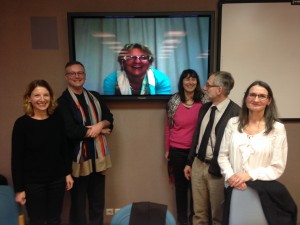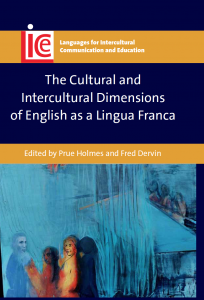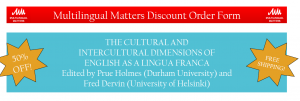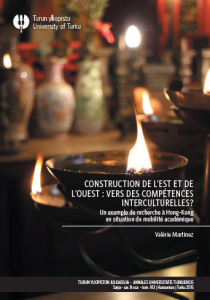The Finnish higher education sector is in need of a structural overhaul, but cutting funding from the best university in the country will not improve the standard of Finnish research, nor Finland’s competitiveness, says rector Jukka Kola.
Jukka Kola, rector of the University of Helsinki, thinks there has been a shift in attitudes in society, and the reasons for this change are hard to grasp. Esteem for scholarship and education have diminished, despite the fact that Finland’s success story is largely based on these.
“We have apparently not succeeded in conveying the message of what we do, and what our everyday achievements are.”
The Government is cutting funding from everything and everybody. Cuts targeted at the education sector are massive. On top of the funding cuts, the University of Helsinki will lose the pharmacy compensation, which has constituted an important part of its core funding. To some extent, Kola understands the cuts in general, the state of the national economy being what it is. But, mistreating the University of Helsinki in particular is unreasonable: here the pain threshold is being dreadfully exceeded.
“The level of Finnish higher education and research is certainly not going to get any higher by cutting funding from the leading university.”
It would be better to target the cuts to universities where quality is not as high. The University of Helsinki has for long been advocating national, field-specific quality evaluations, but has been met with opposition. However, the most recent Academy of Finland report on the state of scientific research reveals quite well the level of research conducted at each university and which of them have sufficient critical mass.
“True innovations are not created without cutting-edge basic research.”
According to Kola, the Finnish higher education sector needs to be structurally overhauled for Finnish universities to fare in the international competition to recruit top researchers and to keep Finnish top scientists at home.
In Denmark, the standard of research began to rise when universities and research institutes were merged so that their number dropped by half. Kola has proposed the establishment of five or six higher education regions, which would agree internally on their distribution of duties. He believes that in this system two or three Finnish universities could be ranked among the 100 best universities in the world or at least close to the top 100. Currently, the University of Helsinki is the only Finnish university that is ranked so high.
READ MORE HERE







